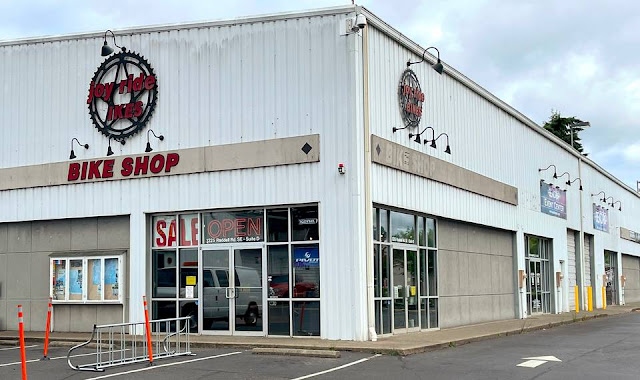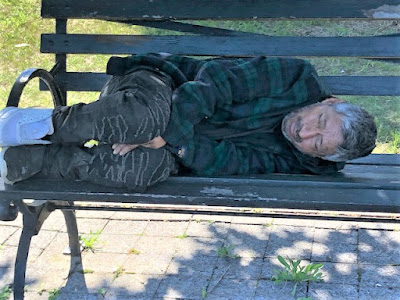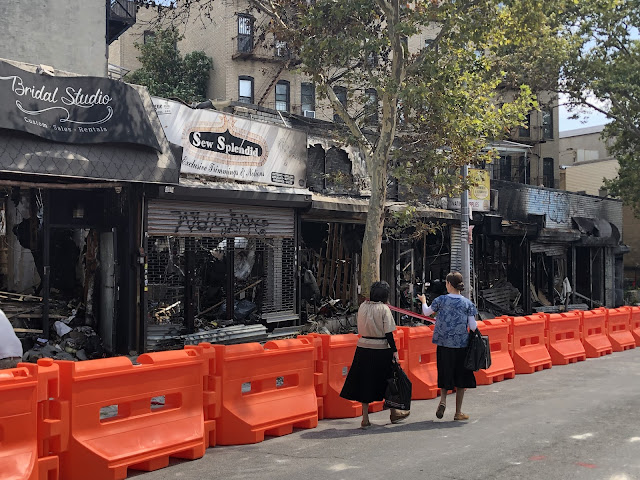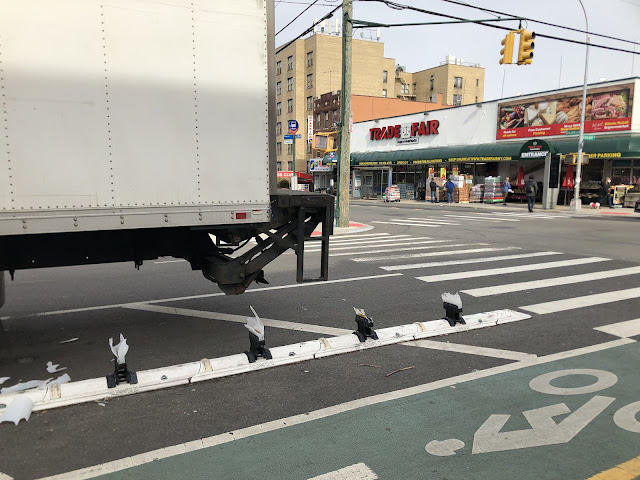When I wrote for small local newspapers, some cringeworthy headlines were spliced onto my articles. Those headlines, as often as not, were attempts to introduce three or more short articles, sometimes on entirely unrelated events or subjects, published together.
Such a headline appeared on the web version of “The Olympian,” a Washington State newspaper:
Bicycle business closing, area hospitals avoid layoffs, Chinese dumpling eatery opens.
Are those three events related? At first glance, they don’t seem to be. But, as I’ll explain later in this post, there may be a common thread uniting them.
I’ll start with Dough Zone, the Chinese dumpling house. It’s actually not a brand new restaurant; rather, it’s a new location of a local chain. I can understand the appeal of those tasty morsels, which I suspect has increased since the pandemic: They are well-suited for takeout and delivery, both of which have skyrocketed in popularity since those dark days when in-person dining was forbidden.
Perhaps the threat of layoffs in Olympia’s St. Peter’s Hospital and Centralia in nearby Lewis County also has something to do with the COVID pandemic: Perhaps not as many health care workers are needed now as were necessary when the “mysterious “ disease was ravaging communities. But, from what I’m reading, I think the prospect of contraction may have been as much a result of another phenomenon: consolidation. Those hospitals, like so many others, are now part of a larger group: in this case, Providence. System officials, however, point to other factors, such as medications and other supplies rendered more expensive because of tariffs and the prospect of cuts to Medicare.Then again, those tariffs and reductions in benefits may be a result of the pandemic, which ballooned Medicare budgets and made medications and supplies, most of which are imported, more expensive. Now, I don’t know whether tariffs will result in those things being produced in the US, and thus less expensive. But the pandemic certainly showed how vulnerable our supply chains are.
 |
| Photo by Steve Bloom for The Olympian |
Finally, the owners of Joy Ride Bikes didn’t mention the bust that followed the pandemic-induced Bike Boom as a factor in their decision to close their shop on 25 July. But it’s hard not to wonder whether it—and other changes in the bike industry and overall economy—might have influenced their decision that “all good things must come to an end,” as co-owner Will Trogen declared . (Didn’t one of the Beatles say that after “Let It Be?”)









